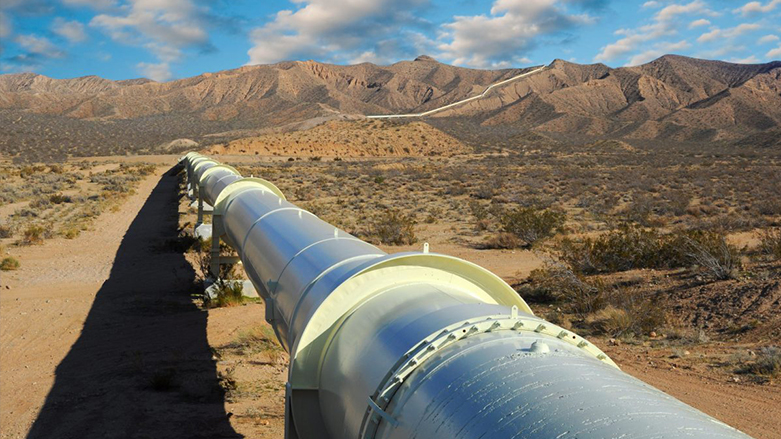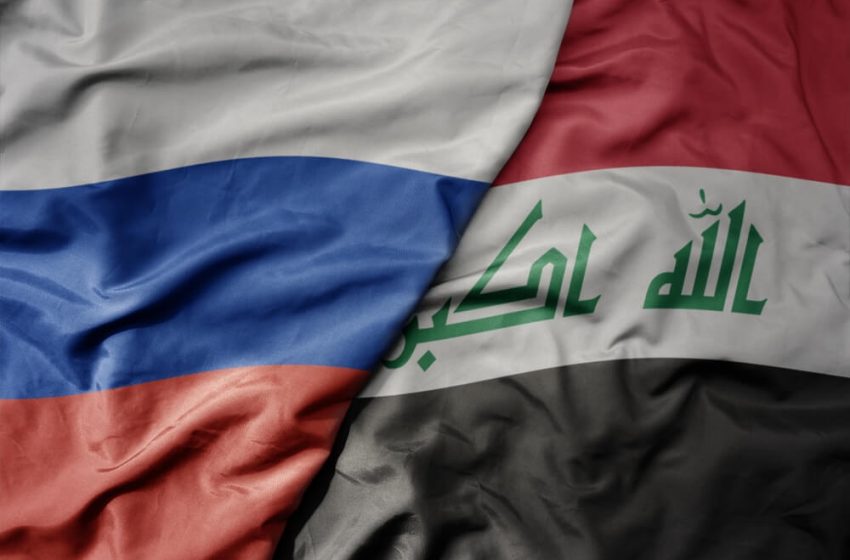Iraq’s oil future is entering a new era of strategic development. On Saturday, Prime Minister Mohammed Shia Al-Sudani confirmed that the government held high-level talks last week to revive the Iraqi-Syrian oil export line.
This initiative is part of a broader effort to diversify Iraq’s export options and increase flexibility in crude transportation. The Prime Minister made these remarks during the Baghdad International Energy Forum, where he outlined several key goals for the country’s energy sector.
Al-Sudani highlighted Iraq’s determination to stop burning associated gas. He said Iraq now fully benefits from 1,300 million standard cubic feet of this resource. This marks a vital step toward maximizing energy output and minimizing waste.
He also referenced Iraq’s deep historical ties to the global oil industry. “OPEC was founded in Baghdad in 1960,” he noted. He stressed that Iraq holds over 150 billion barrels in proven oil reserves, positioning it as a vital global supplier.
The Prime Minister emphasized that Iraq can supply global oil markets for more than 120 years. Despite this potential, Iraq’s current export share does not match its population size or productive capacity.
Al-Sudani reaffirmed Iraq’s openness to foreign energy companies. Moreover, he invited investors to engage in six new refining sector projects. In addition, he praised the completion of the Karbala refinery and also noted ongoing upgrades at other major facilities.
Meanwhile, Iraq has set a clear target: to convert 40% of its crude oil exports into refined products by 2030. According to Al-Sudani, work has already started on multiple projects aligned with this ambitious goal. As a result, these efforts will enhance economic value and reduce dependency on raw crude exports.
At the same time, the Iraqi-Syrian export line plays a crucial role in this broader strategy. To support this, the government has already begun constructing a 685-kilometer pipeline from Basra to Haditha. Eventually, this pipeline will serve as a potential link to Syria, expanding Iraq’s access to international markets.
Al-Sudani reaffirmed Iraq’s openness to foreign energy companies. Moreover, he invited investors to explore six new refining projects. He also praised the completion of the Karbala refinery. In addition, he noted ongoing upgrades at other major facilities.
Iraq has set a clear target for 2030. The country aims to convert 40% of its crude exports into refined products. Al-Sudani confirmed that work has already started on several aligned projects. As a result, Iraq expects to increase economic value and reduce crude oil dependency.
Meanwhile, the Iraqi-Syrian export line supports this broader strategy. The government has begun building a 685-kilometer pipeline from Basra to Haditha. This line may later connect to Syria. It will expand Iraq’s access to regional and international markets.
Ultimately, Iraq’s oil future depends on investment, infrastructure, and regional cooperation. Al-Sudani stressed that energy remains a top government priority. The long-term strategy includes modern refineries, export diversification, and natural gas recovery.



